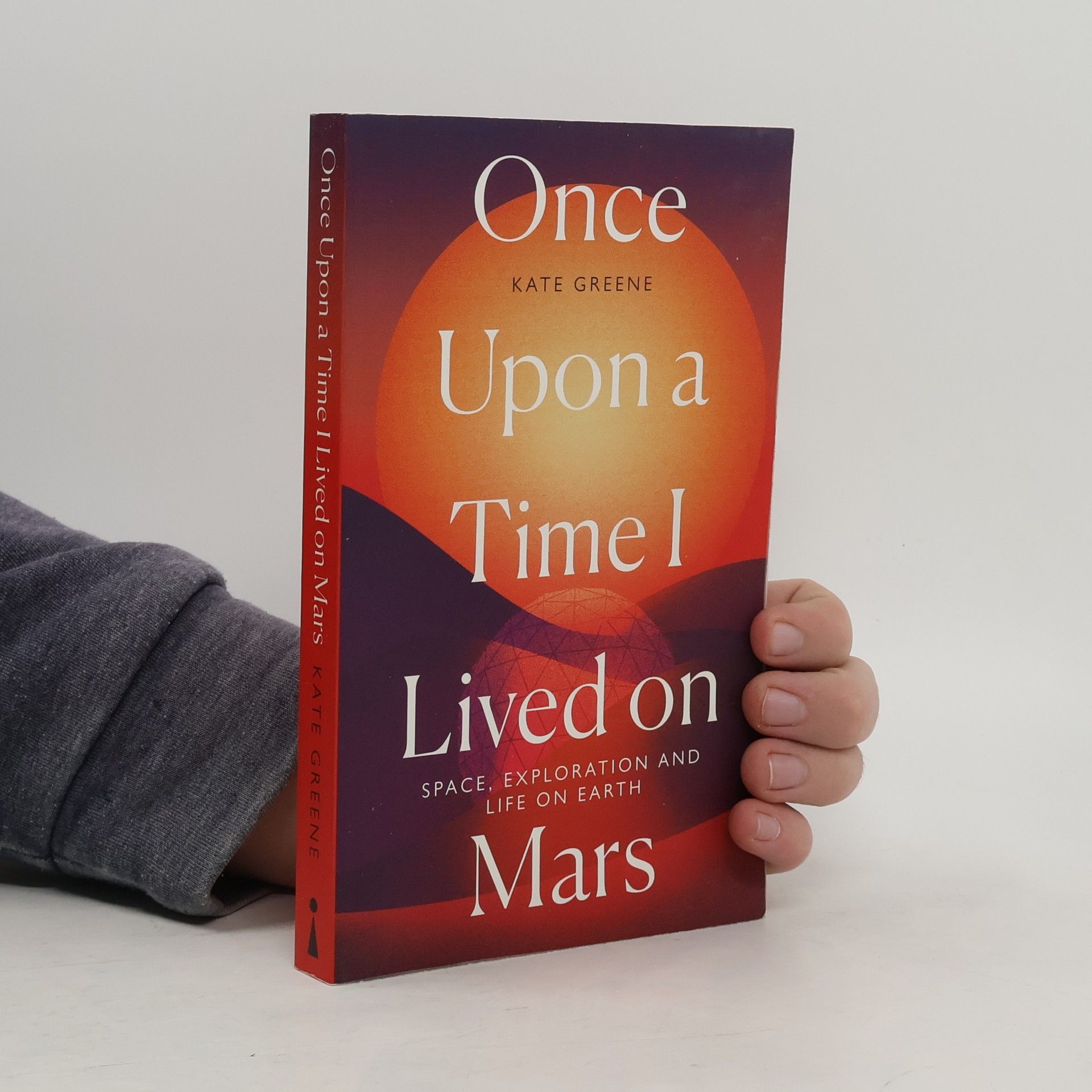A powerful reflection on life in isolation, in pursuit of the dream of Mars
Nathan Eagle Libri


Reality mining : using big data to engineer a better world
- 199pagine
- 7 ore di lettura
Big Data consists of numerous small data points generated from everyday activities, such as cell phone usage, GPS entries, website visits, online purchases, and ATM transactions. While concerns about the misuse of Big Data—such as surveillance and hacking—often dominate headlines, its positive applications should not be overlooked. In this exploration of Reality Mining, Nathan Eagle and Kate Greene highlight the constructive potential of Big Data analysis, demonstrating how it can enhance various human systems, including political polling and disease tracking, while also addressing privacy concerns. The authors, with Eagle's expertise and Greene's journalism background, present Reality Mining across five levels: individual, neighborhood and organization, city, nation, and world. For each level, they provide accessible explanations of data collection methods and showcase existing or potential applications. Examples include a mobile app designed to assist smokers in quitting, a workplace knowledge system, the use of GPS and mobile data for traffic management, and social media analysis for disease tracking. Eagle and Greene advocate that, when used responsibly, Big Data can significantly improve people's lives, making them healthier and happier.